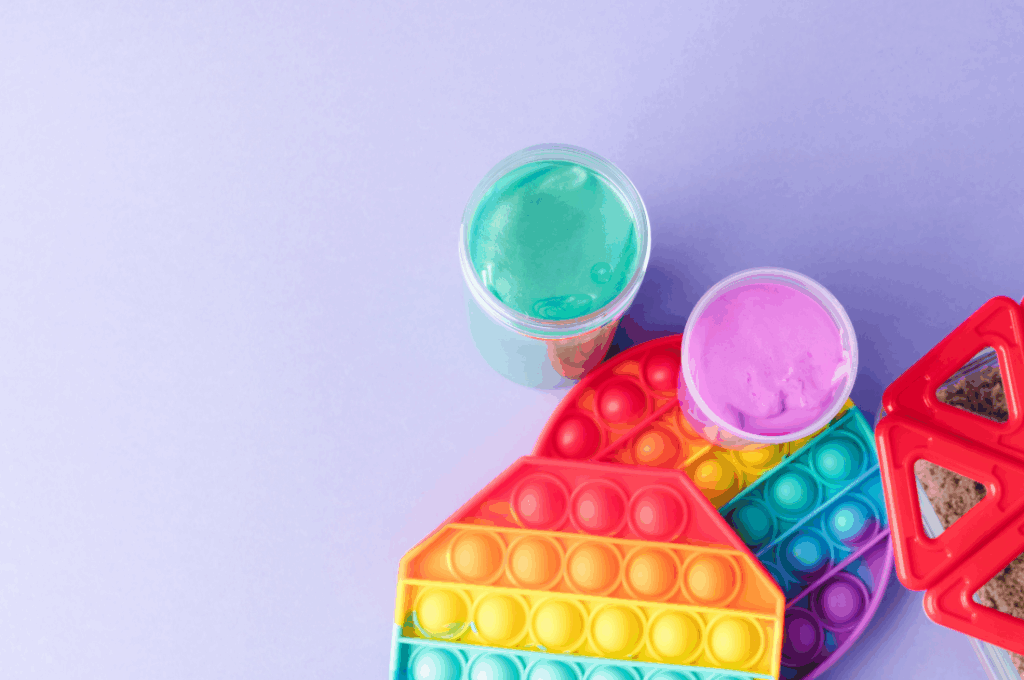Thriving with ADHD: How Mindfulness Can Transform Your Day
Life with ADHD can feel like navigating a fast-paced, unpredictable river. For many, symptoms go beyond simple distractibility, significantly impacting daily life, work, and relationships. Challenges like struggling to follow instructions, overlooking details, and a constant stream of fleeting thoughts are common. The impulsivity of talkativeness and interrupting others can also make social interactions tricky.
While there’s no “cure” for ADHD, there are incredibly effective strategies to manage its symptoms and help you thrive. At Poppy Life Care, we believe in a holistic approach, blending behavioral therapies, stress management, and powerful alternative care solutions.

The Brain-Boosting Benefits of Yoga & Meditation
Perhaps two of the most impactful tools in the ADHD toolkit are yoga and meditation. These practices aren’t just about relaxation; they actively work to reshape your brain.
Here’s how they make a difference:
Sharpening Focus: Meditation, in particular, has been shown to thicken your prefrontal cortex. This crucial part of your brain is responsible for focus, planning, and impulse control—areas often weaker in individuals with ADHD.
Boosting Brain Chemistry: Both yoga and meditation increase levels of dopamine, a neurotransmitter often deficient in the ADHD brain. This can lead to improved motivation, attention, and pleasure.
Calming the System: Through calm breathing techniques inherent in these practices, you can improve overall focus, attention, and enhance emotional balance, helping to quiet the internal “noise” that often accompanies ADHD.

Strive for More Consistency
The power of mindfulness for ADHD isn’t a secret. In fact, more than a third of adults with ADHD surveyed use mindfulness and meditation to manage their symptoms. But like any skill, it’s a practice. Just as you consistently exercise a muscle to make it stronger, you need to regularly “exercise” your brain with these practices to gain greater control over your attention and reduce impulsivity. Consistency is key to unlocking long-term benefits.
It’s also important to note that ADHD often co-occurs with other conditions. A significant 43% of people diagnosed with Autism Spectrum Disorder (ASD) are also diagnosed with ADHD, highlighting the complex neurological connections.
Beyond ADHD: How Our Programs Support Overall Well-being
At Poppy Life Care, we understand that well-being is multifaceted. While yoga and meditation are phenomenal for ADHD, our programs offer a range of support for various aspects of mental health:
Meditation: For anxiety and depression, mindfulness practices can significantly improve overall mood by fostering presence, enhancing sleep, attention, concentration, and strengthening interpersonal relationships.
Yoga: Offers a tranquil sense of self, helping individuals with anxiety and depression find freedom from judgment and apprehension, allowing them to function more freely in daily life.
Nutrition: Addressing common nutritional deficiencies in those with anxiety and depression, focusing on multivitamin and mineral supplements (like vitamin D and B complex), probiotics, omega-3 fatty acids, and antioxidants.
Music: Scientific evidence shows music can release serotonin in the brain, promoting relaxation and a sense of calm, enabling self-expression for individuals struggling with anxiety and depression.
Ready to explore how a more mindful approach can help you or a loved one thrive with ADHD, or support overall mental wellness?










leave a comment!
Comments